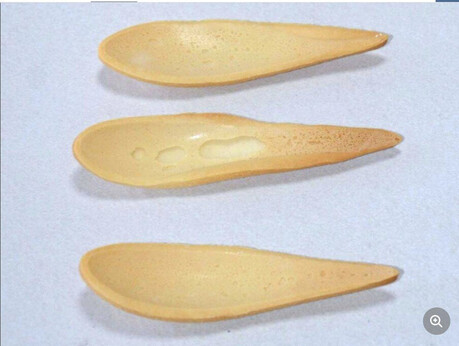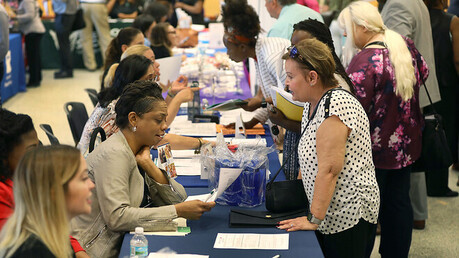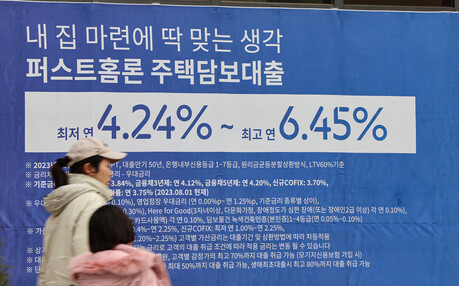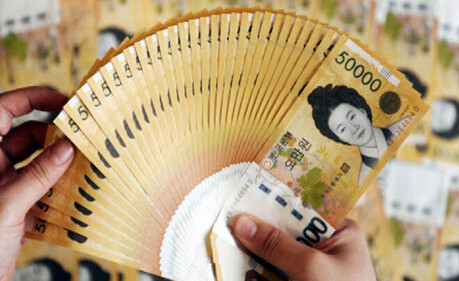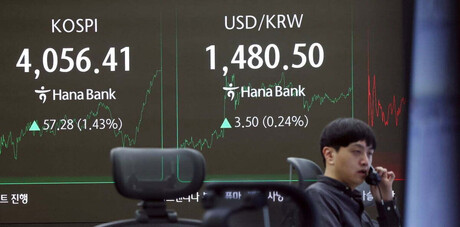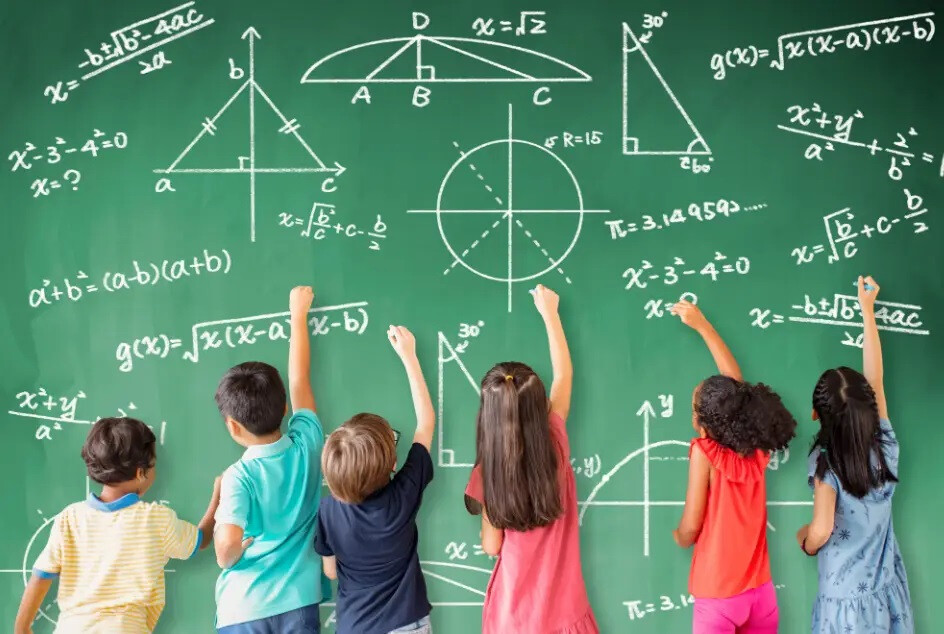
A recent large-scale study by French researchers, published in the prestigious journal Nature, is drawing attention as it suggests that the difference in mathematical ability between boys and girls is more likely to stem from early educational environment or social bias than from inherent biological factors. The study analyzed data from over 2.5 million children aged 5 to 7 across France from 2018 to 2022.
Ability Differences Emerge After Starting School
The research findings were surprising. At the very beginning of the first year of elementary school, when children first entered school, the average scores on math tests (covering numbers and spatial concepts) were nearly identical for boys and girls. However, just four months later, boys' scores began to appear higher than girls', and this difference continuously widened until the end of the first year of school. Consequently, by the time they reached the second grade, boys were more likely than girls to achieve higher academic performance.
It is notable that this gender gap was observed consistently across all conditions and regions, regardless of school type (public/private), family's socioeconomic status, parents' occupation (whether they were scientists/engineers), or parental structure (two-parent/single-parent). This suggests that the cause of the gap may be a very broad and universal social factor.
Cause: Environmental and Educational Bias, Not Innate Differences
The researchers raised two important questions from this data. One is whether the observed difference in math ability is due to biological factors, environmental factors, or the interaction of both; the other is how to respond through policy and education if this gap disadvantages women in future academic and career choices.
The strong evidence that the math ability gap does not appear at birth or in the preceding period but emerges after the specific moment of school entry supports the argument that the cause should be sought in environmental factors, educational methods, or educational bias rather than in innate differences in brain development.
Some experts believe that the tendency for girls to experience greater math anxiety and have lower confidence than boys may have played a role. This could unconsciously lead teachers or parents to engage boys more often in number and spatial activities during class.
Furthermore, the socio-cultural stereotype—"boys are better at math than girls"—which lacks scientific basis, is also pointed to as a significant cause, potentially being transmitted to children early on by parents and teachers. Other studies, both domestic and international, also support this environmental influence, showing that the gender gap is significantly reduced or even reversed when environmental factors, particularly the level of private tutoring or the mother's education level, are controlled.
The Need for Educational Efforts to Close the Gender Gap
The difference in attitude and achievement in math formed during the early academic stage is a major factor that later makes female students hesitate to choose Science, Technology, Engineering, and Math (STEM) fields for their majors or careers. In the era of the Fourth Industrial Revolution, where the importance of scientific and technological manpower is growing, this gender gap limits the utilization of female talent and can affect the overall competitiveness of society.
Therefore, it is essential for educational authorities and families to make efforts to recognize and correct differential attitudes or expectations based on gender at an early stage. The development of educational methods that can increase girls' confidence and interest in mathematics, and educational interventions to dismantle the unconscious gender stereotypes held by teachers and parents, are urgently needed. We must move beyond the prejudice that math ability is determined by gender and establish an equitable learning environment where all students can realize their full potential.
[Copyright (c) Global Economic Times. All Rights Reserved.]

















